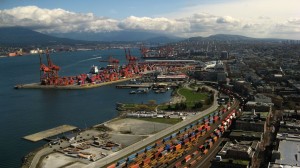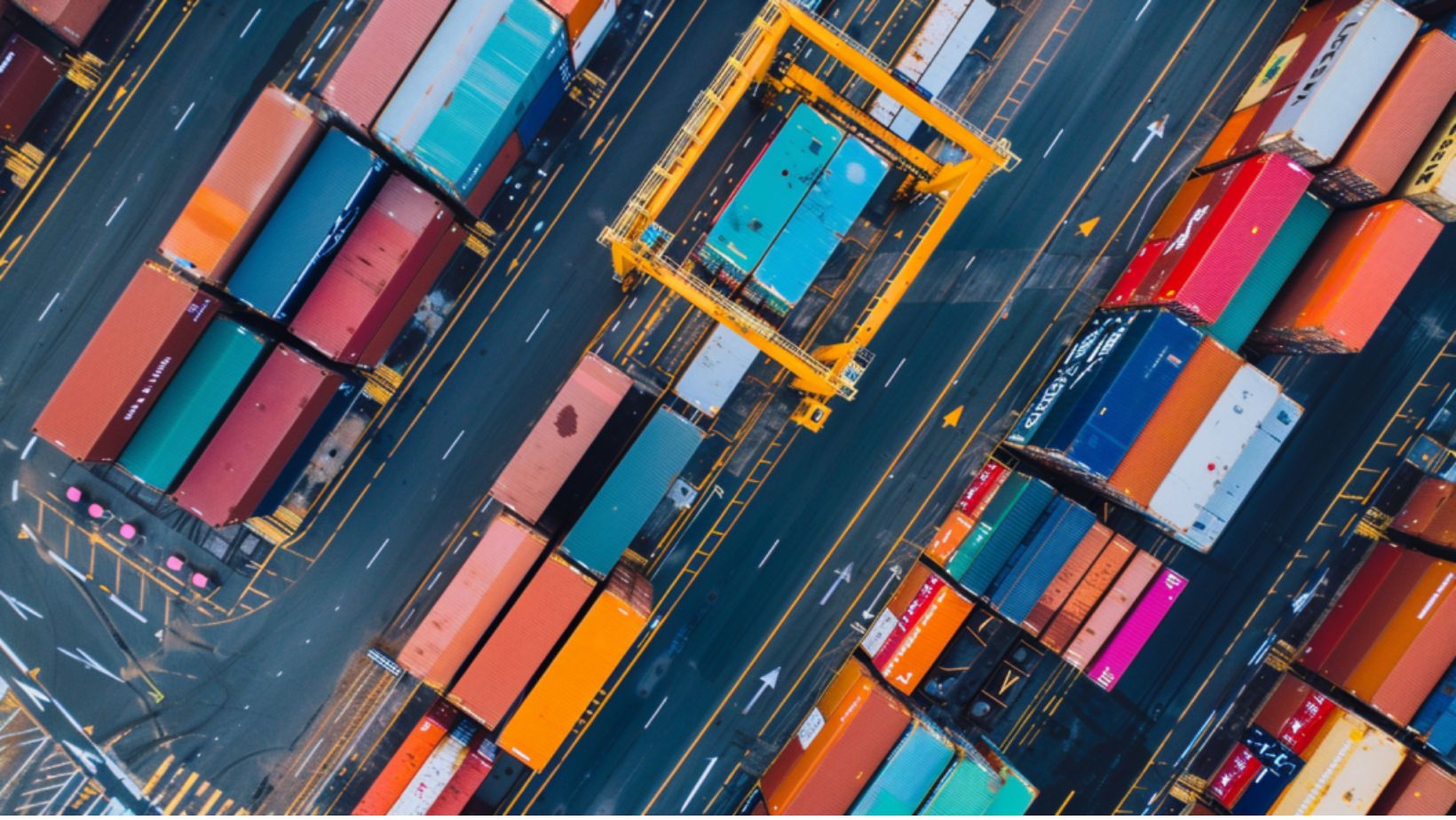Vancouver Truckers Strike
March 26, 2014: Container truck drivers for the Port Metro Vancouver reached an agreement between the United Trucker’s Association, Unifor, the Federal Government, and the Port Metro Vancouver. During the 28 day strike, the Port Metro Vancouver was reported to be operating at 10% of its operational capacity. Container truckers were expected to resume full operations after they reached an agreement for better wages.
The Vancouver truckers strike is causing major delays for shipments transiting the Port Metro Vancouver. Both union and non-union truckers enacted a strike for better wages and shorter wait times at the terminals. The truckers’ strike is affecting the Port Major Vancouver even though the port does not directly employ the truckers as they have contracts with outside companies. Now, three weeks into the strike, and with upwards of 180 separate trucking companies working out of the port, a resolution may take some time.
According to Reuters, the Canadian and British Columbia governments presented a 14-point plan to both union and non-union truckers that “sets out to address the concerns of the striking drivers on fair pay, reduced wait times at container facilities and the creation of an industry oversight committee”. The governments also called for truckers to return to work immediately and would not answer the truckers’ questions about the 14-point plan until they’ve done so. According to CBC News, “Port chief executive Robin Silvester said that those who don’t return to work under the new plan could lose their permits to service the container terminals”.
According to Today’s Trucking, “as much as $885 million in cargo passes through the port weekly”. As a result of the Vancouver truckers strike, the port is currently working at 10-20% of its normal capacity. For many truckers, long wait times means less profit as they do not get paid for the time they spend waiting to pick up or unload their cargo.
The Vancouver truckers strike has hurt U.S importers as many have had to pay $350 per day for storage because they are unable to get their cargo moved out of the port by truck. For importers whose shipments are time or temperature-sensitive, such as food or wine importers, the truckers strike has threatened the integrity of their shipment. Some importers are looking to move their shipments by rail to then be moved by truck to avoid any further delays or demurrage charges. Those looking for relief from the congestion of the truckers strike are also facing rail car shortages.
Resources:
Reuters Canada
CBC News
Today’s Trucking







Follow Us